The parliament's Foreign Affairs Committee encountered an impasse yesterday as it discussed the "Protocol on the Accession of the Kingdom of Sweden to the North Atlantic Treaty."
The session concluded without a resolution, to be continued at a later date, following a petition by ruling AKP deputies.
During the general discussion phase, Berdan Öztürk, a member of the Kurdish-focused Peoples’ Equality and Democracy Party (HEDEP), voiced the party's rejection of the agreement.
Öztürk cited concerns over NATO's historical expansion strategy, stating, "We reject this agreement due to both NATO's expansion strategy that historically brought nothing but war and the Kurds being used as bargaining chips, and we are making a reservation." He also urged NATO countries to allocate their budgets to peaceful policies and addressing the damages caused by wars instead of increasing military budgets.
Northern Syria
Öztürk was followed by another HEDEP Commission member, Serhat Eren, who opposed the classification of YPG and PYD, Syrian Kurdish groups, as "terrorists" in the protocol. Eren argued that individuals labeled as "terrorists" by some could be seen as "heroes" in other countries, emphasizing the diverse perspectives on the matter.
In his speech, Eren emphasized the existence of various ethnic groups in northeast Syria and their long-standing history in the region. He stated, "People living in northeastern Syria, including Kurds, Arabs, Assyrians, Armenians, and Turkmens, are the rightful owners of those lands, having lived there for centuries.
“Today, the people living there are protecting their lands against the fascism of Assad, who has subjected these people to oppression for centuries, and at the same time, they are protecting their lands against jihadists who come from various parts of the world in the name of jihad and occupy the lands of the indigenous people."
The commission's meeting was adjourned, citing the need for members to attend international "Friendship group" meetings at the same time. However, it was noted that many Foreign Affairs Committee members, including AKP MPs, found the information provided by Deputy Foreign Minister Burak Akçapar insufficient regarding the removal of reservations about Sweden's participation.
While AKP committee members quickly approved the Finland protocol, which is essentially identical to the one with Sweden, during the Thursday session, they chose to slow down the negotiations. Particularly, AKP members questioned the statements made by the Deputy Foreign Minister about changes Sweden claimed to have made in its laws regarding "preventing terrorism." They expressed skepticism about the implementation of these changes.
AKP members also expressed dissatisfaction with the fact that, despite political reasons, Sweden had extradited one person among the 32 requested for extradition, who was allegedly affiliated with the PKK. They highlighted their discontent by contrasting this with the non-extradition of any member of the Gülen movement. (AEK/VK)





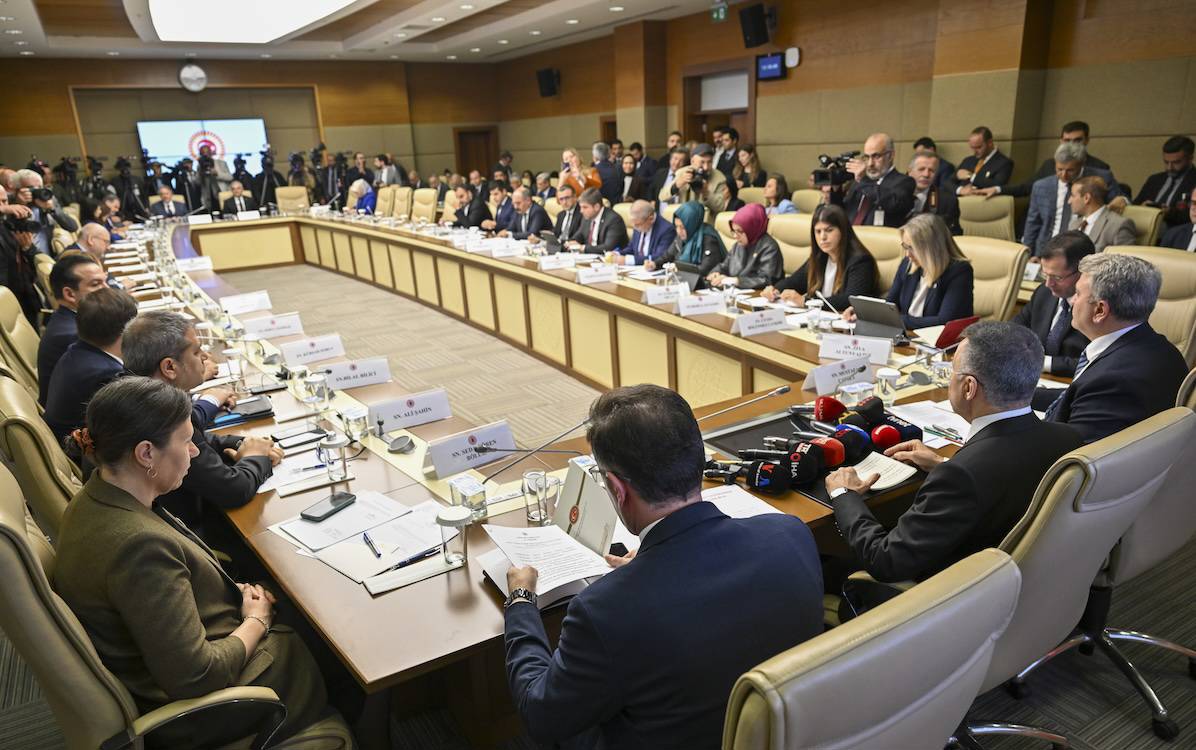
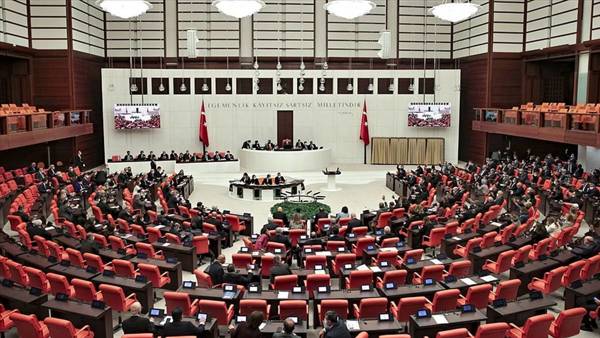
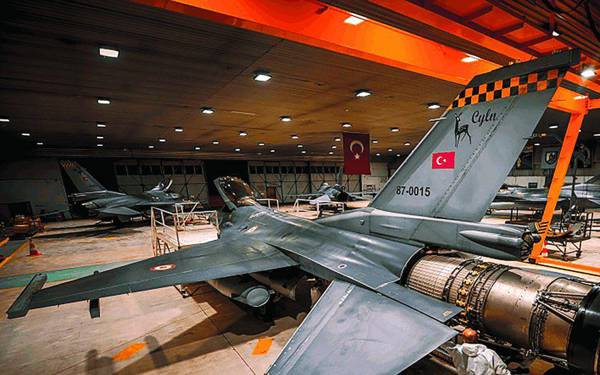
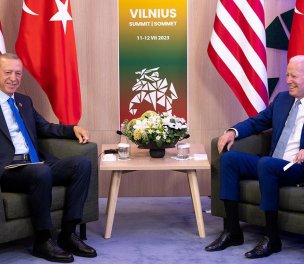
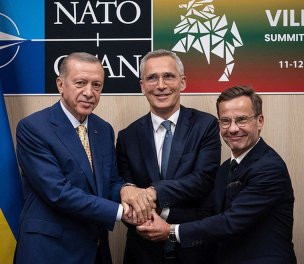
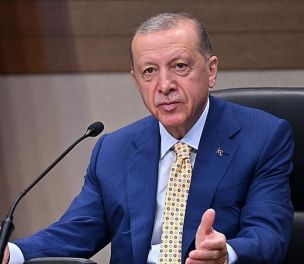
as.jpg)
